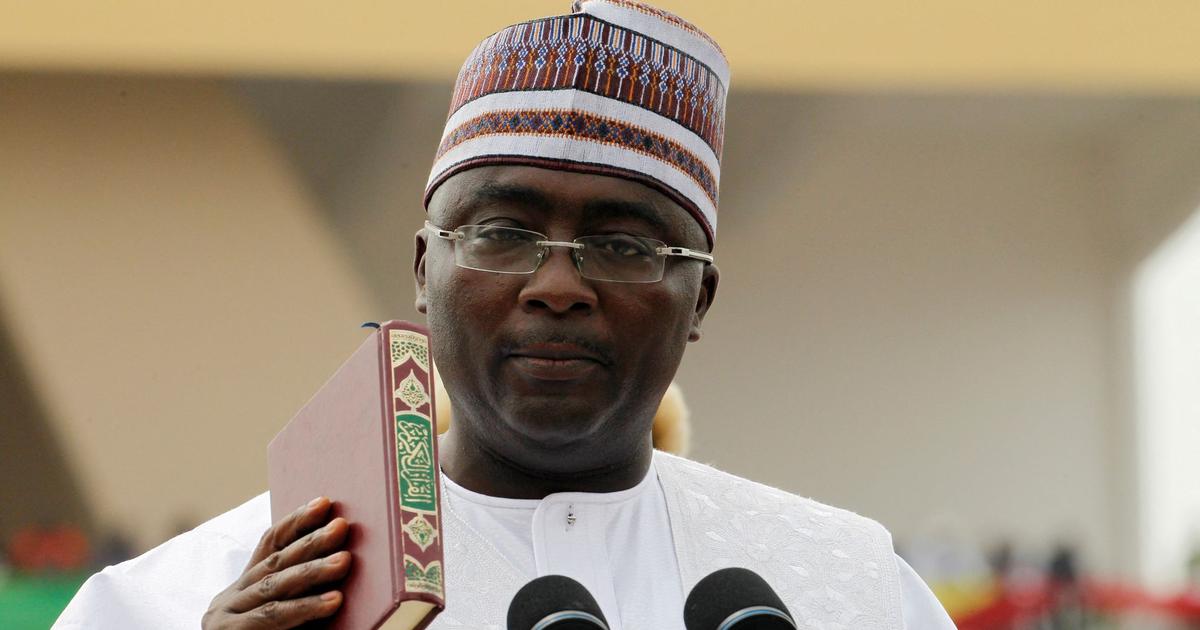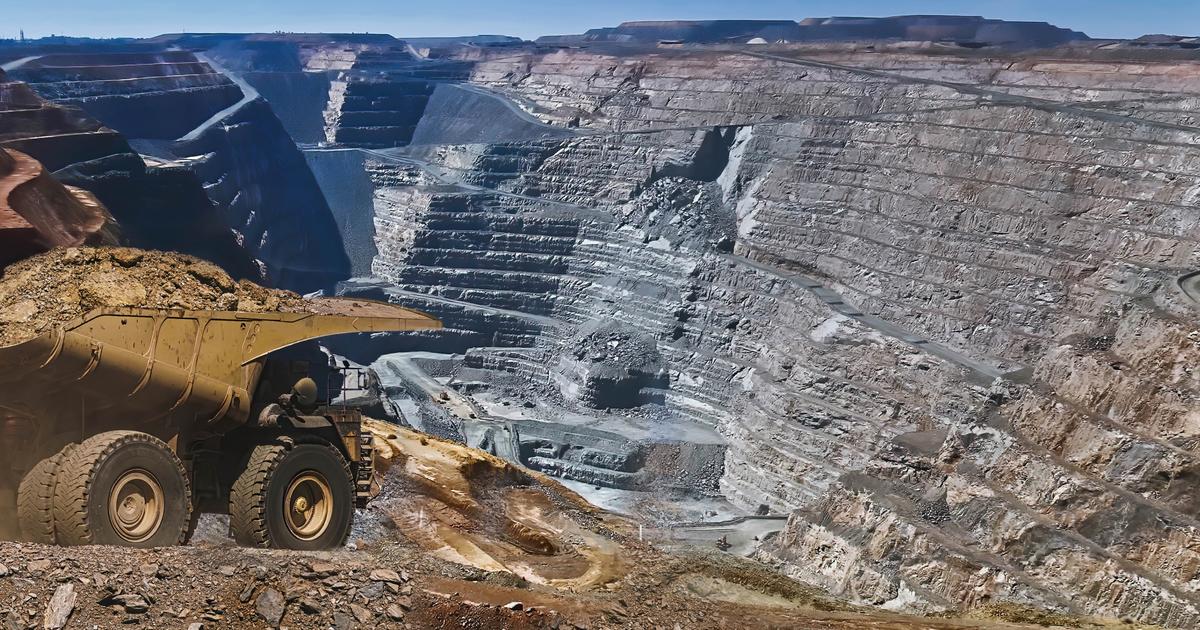Strangled financially, the government of Ghana plans to pay for the oil it buys in gold, instead of dollars, from the beginning of 2023. This strategy, announced last week, aims to compensate for the collapse of the national currency, the cedi, since the beginning of the year, and the reduction in its foreign exchange reserves.
To discover
Prime Macron 2022: conditions, amount, date of payment... how does it work?
The government of Accra concluded a first draft agreement of this nature with the firm Emirates National Oil Co (Enoc), based in Dubai.
Second African gold producer behind South Africa, the country has asked mining companies to sell it 20% of their extraction from January 1.
The Ghanaian state began to replenish its gold reserves last year.
Purchases financed in national currency, making it possible to eliminate the exchange rate factor with the dollar from the equation of hydrocarbon supplies, and prices at the pump.
Read alsoGold shaken by the strong dollar and inflation
"The exchange of gold against oil constitutes a major structural change"
, underlined the Ghanaian vice-president, Mahamudu Bawumia.
According to him, this
“will fundamentally alter our balance of payments and significantly reduce the persistent depreciation of our currency”
.
This has fallen by 57% against the dollar since the start of the year.
At the same time, foreign exchange reserves have shrunk from 9.7 billion dollars at the end of 2021 to 6.6 billion in September - which represents less than three months of imports.
Rampant inflation
Paradoxically, Ghana is also a producer of crude oil, but it imports all of its consumption since the closure of its refinery in 2017 after an explosion.
The government plans to finance all of its oil purchases in gold by September 2023. That is the equivalent of $300 million over the year.
The fall in the national currency contributed to galloping inflation, which reached 40% in October, the highest in more than twenty years.
In response, the central bank raised interest rates to 27% on Monday.
The country is also facing a situation of over-indebtedness and has requested assistance from the IMF.
A restructuring of the public debt of 48.9 billion dollars is under negotiation.
“The government and the IMF have agreed on targets, a fiscal adjustment path, a debt and financing strategy,”
Finance Minister Ken Ofori-Atta announced last week.
Read alsoThe IMF more solicited than ever in the face of multiple risks
The state will freeze the hiring of civil servants and maintain a moratorium on vehicle purchases and non-essential travel.
On the other hand, it did not decide on social spending and infrastructure investment.
"We won't have to pay much in debt service in 2023,"
Bank of Ghana Governor Ernest Addison said.
The idea of exchanging oil for gold is not completely new.
It had been mentioned by the Gulf countries after the abandonment of the gold standard by Richard Nixon in 1971, and again by Iran in an attempt to circumvent American sanctions.


/cloudfront-eu-central-1.images.arcpublishing.com/prisa/E2WDNTQIINCQBDDGYE4P36PF64.jpg)
/cloudfront-eu-central-1.images.arcpublishing.com/prisa/F5GRV7HUTZACRHBAVHSBBMKKFM.jpg)





